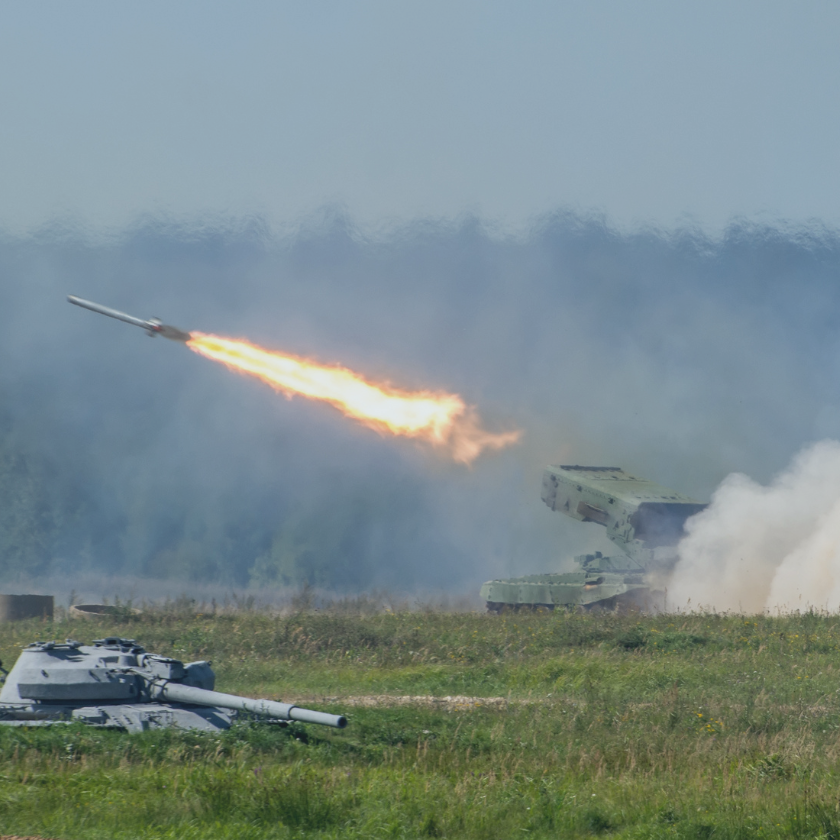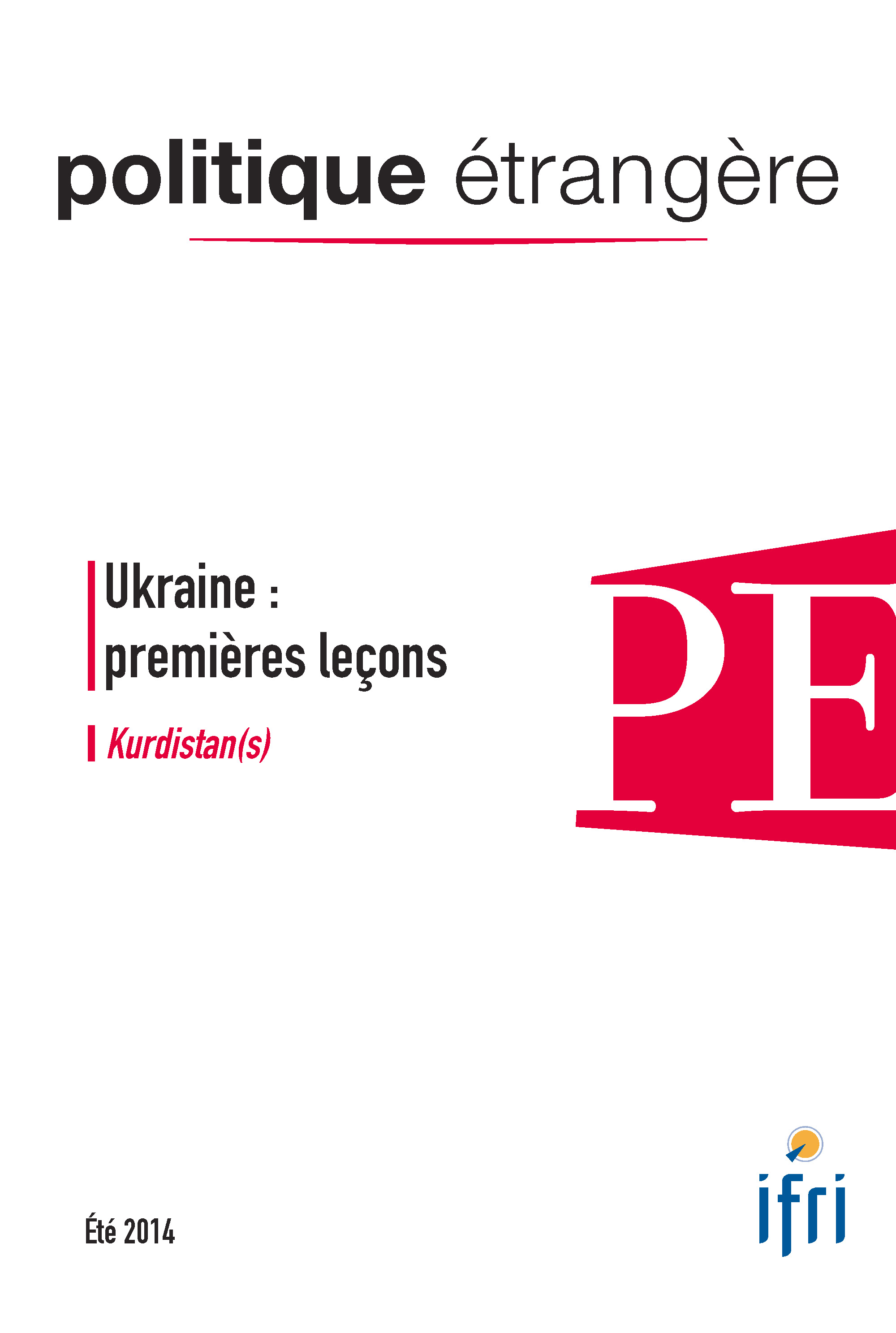War and Armed conflict
The geography and modalities of wars and armed conflicts are evolving in step with the international system. While irregular wars and asymmetrical conflicts persist, high-intensity wars are multiplying, while crises are taking on new forms as a result of hybrid threats.
Related Subjects


Could Differentiated Integration Unblock the CSDP?
Differentiated integration, which brings some member states together on common means and strategies, appears to be the only route possible to circumvent obstructions to a Common Security and Defense Policy (CSDP) for the 28 member states.

Disputes in the South China Sea: Troubled Southeast Asian Waters
The strategic position and economic value of hundreds of small islands in the South China Sea have provoked claims of sovereignty from most of the neighboring states.

Syria: Ankara versus Tehran?
Turkish leaders would like to turn their country into the leader of the Middle East. However, they are in competition with another of the region’s key players: Iran.

The Central African Republic: Analysis of a Largely Unknown Crisis
Displaced peoples, insecurity over food and sanitation, economic devastation, worsening community tensions: the Central African Republic is going through what must be the worst crisis in its history.

International Relations: the Era of Anthropologists
Both perpetrators and forms of violence change. States are no longer the central referents of contemporary conflicts. We can no longer understand them as the outcome of a linear history starting from tribal societies and leading to Western political structures.

Strategy in Theory
The term “strategy” goes back to Greek antiquity and its meaning has evolved over time. Although today the term is bandied about and employed in all contexts, in the past, attempts to define it have been made by the greatest military thinkers.


Will Europe’s Past be East Asia’s Future?
There are some disturbing similarities between present-day Asia and pre-1914 Europe.

The "War to End All Wars": Total War, Total Peace?
The Paris Peace Conference of 1919-1920 marked the end of the First World War whose purpose was to establish the conditions for enduring, if not perpetual peace.

The Legacy of the Great War: Sovereign States, Globalization and Regionalism
The Great War has shaped many 20th century practices and norms.
Support independent French research
Ifri, a foundation recognized as being of public utility, relies largely on private donors – companies and individuals – to guarantee its sustainability and intellectual independence. Through their funding, donors help maintain the Institute's position among the world's leading think tanks. By benefiting from an internationally recognized network and expertise, donors refine their understanding of geopolitical risk and its consequences on global politics and the economy. In 2024, Ifri will support more than 70 French and foreign companies and organizations.








